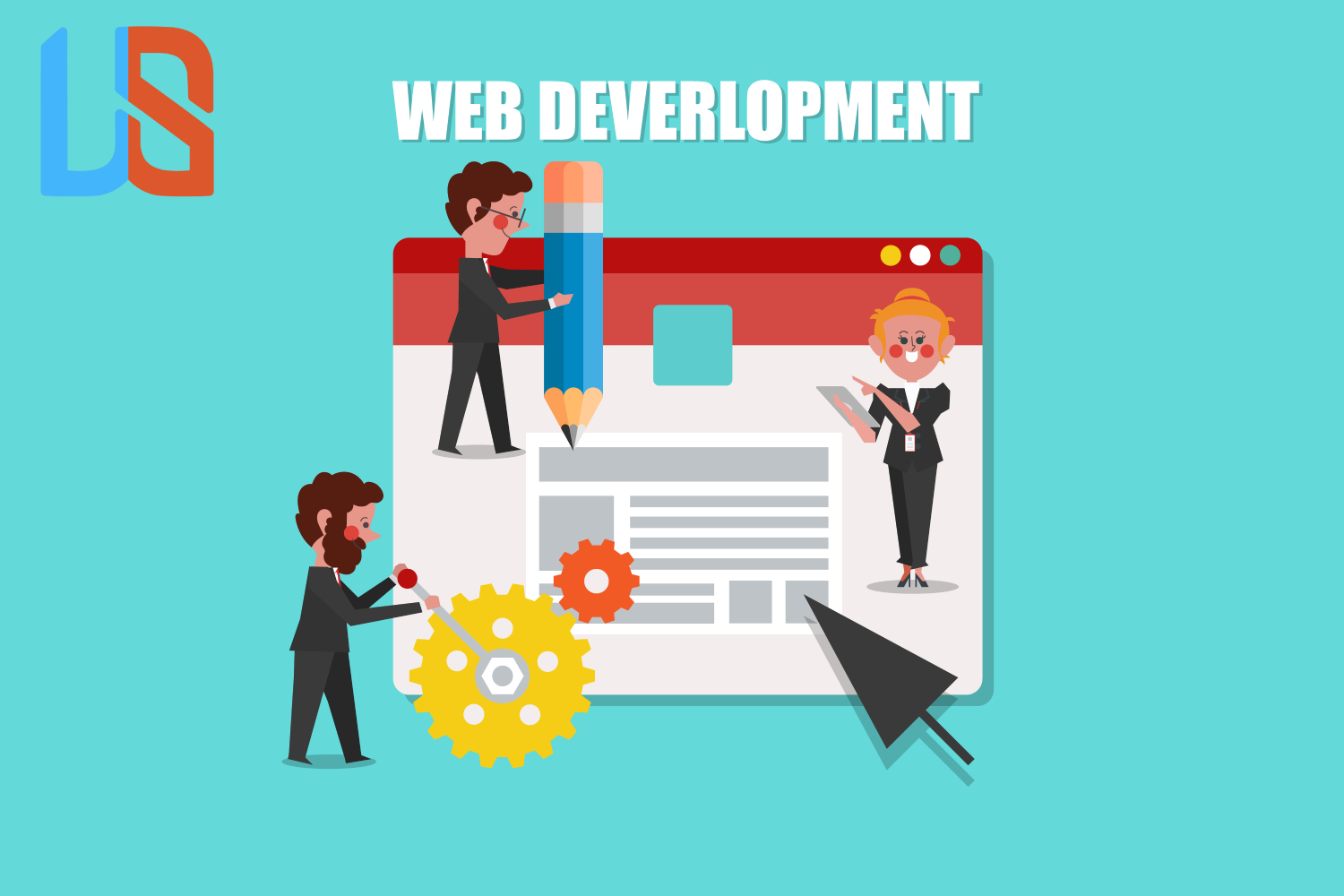
Web development frameworks have revolutionized the way developers build websites and web applications. These frameworks provide a foundation of pre-written code and tools that streamline the development process and make it more efficient. With a wide range of frameworks available, choosing the right one for your project can be a daunting task. In this article, we will compare popular web development frameworks to help you make an informed decision.
Understanding Web Development Frameworks
Web development frameworks provide a structured and organized approach to building websites and web applications. They offer libraries, templates, and tools that simplify common web development tasks and promote code reusability.
Factors to Consider When Choosing a Framework
Before diving into the comparison, it’s important to consider the following factors when choosing a web development framework:
- Project Requirements: Evaluate your project requirements, such as the type of application, scalability needs, performance expectations, and integration with other technologies.
- Developer Experience: Consider your team’s experience and expertise with different programming languages and frameworks.
- Community Support: Look for frameworks with active and supportive communities to ensure access to resources, tutorials, and community-driven updates.
- Longevity and Stability: Consider the framework’s track record, stability, and future roadmap to ensure its continued support and development
Comparison of Popular Web Development Frameworks
Let’s compare some of the popular web development frameworks:
Express.js
- Language: JavaScript
- Key Features: Minimalistic, lightweight, and flexible framework for building server-side web applications with Node.js. Offers robust routing, middleware support, and integration with various template engines.
- Suitable For: Building fast, scalable, and minimalist web applications.
Angular
- Language: TypeScript
- Key Features: Full-featured framework by Google for building complex and large-scale web applications. Offers powerful data binding, component-based architecture, dependency injection, and a comprehensive set of features out-of-the-box.
- Suitable For: Enterprise-level applications with complex requirements and a focus on scalability and maintainability.
React
- Language: JavaScript
- Key Features: A popular JavaScript library for building user interfaces. Allows for building reusable UI components, offers efficient rendering, virtual DOM manipulation, and a vibrant ecosystem of libraries and tools.
- Suitable For: Single-page applications, component-based architectures, and mobile app development.
Vue.js
- Language: JavaScript
- Key Features: Progressive framework with a gentle learning curve. Offers a flexible and scalable architecture, reactive data binding, and a component-based approach.
- Suitable For: Small to medium-sized projects, rapid prototyping, and integrating with existing projects.
Django
- Language: Python
- Key Features: High-level web framework for rapid development and clean design. Offers an ORM, authentication, admin interface, and a batteries-included approach.
- Suitable For: Rapid development, content-heavy websites, and complex database-driven applications.
Ruby on Rails
- Language: Ruby
- Key Features: Convention-over-configuration framework that promotes simplicity and productivity. Offers built-in ORM, routing, authentication, and a strong focus on developer happiness.
- Suitable For: Rapid development, startups, and projects that prioritize developer productivity.
Laravel
- Language: PHP
- Key Features: Modern PHP framework with an elegant syntax and expressive syntax. Offers a modular structure, ORM, authentication, caching, and a vibrant ecosystem.
- Suitable For: Building robust and scalable PHP applications, RESTful APIs, and microservices.
ASP.NET
- Language: C#
- Key Features: Microsoft’s web development framework for building enterprise-level applications. Offers a wide range of features, strong integration with other Microsoft technologies, and excellent tooling support.
- Suitable For: Large-scale enterprise applications, Windows-based environments, and integration with Microsoft ecosystems.
Framework Comparison Criteria
When comparing web development frameworks, consider the following criteria:
- Language Compatibility: Choose a framework that aligns with your preferred programming language and ecosystem.
- Learning Curve: Evaluate the framework’s learning curve and determine if it matches your team’s expertise and project timelines.
- Community Support: Check the framework’s community size, activity, and availability of documentation, tutorials, and community-driven resources.
- Performance: Consider the framework’s performance benchmarks, optimization techniques, and ability to handle high traffic and load.
- Scalability: Assess the framework’s scalability options, such as support for distributed architectures, caching mechanisms, and horizontal scaling.
- Documentation and Resources: Look for frameworks with comprehensive documentation, guides, and a supportive online community.
- Ecosystem and Third-Party Libraries: Evaluate the availability and quality of third-party libraries, plugins, and integrations that can enhance your development process.
FAQs
A web development framework is a collection of pre-written code, libraries, and tools that provide a foundation for building websites and web applications.
Consider factors such as project requirements, developer experience, community support, and longevity when choosing a web development framework.
Angular is a full-featured framework by Google, React is a JavaScript library for building user interfaces, and Vue.js is a progressive framework with a gentle learning curve.
Frameworks like Django, Ruby on Rails, and Laravel are known for their productivity and rapid development capabilities.
In some cases, it is possible to use multiple frameworks within the same project, especially when dealing with microservices or front-end and back-end separation. However, it can introduce complexity and require careful planning and integration.
Conclusion
Choosing the right web development framework is crucial for the success of your project. Consider your project requirements, team expertise, and the framework’s compatibility, community support, performance, scalability, documentation, and ecosystem. By carefully evaluating these factors and comparing popular web development frameworks, you can select the one that best aligns with your needs and sets your project up for success.





